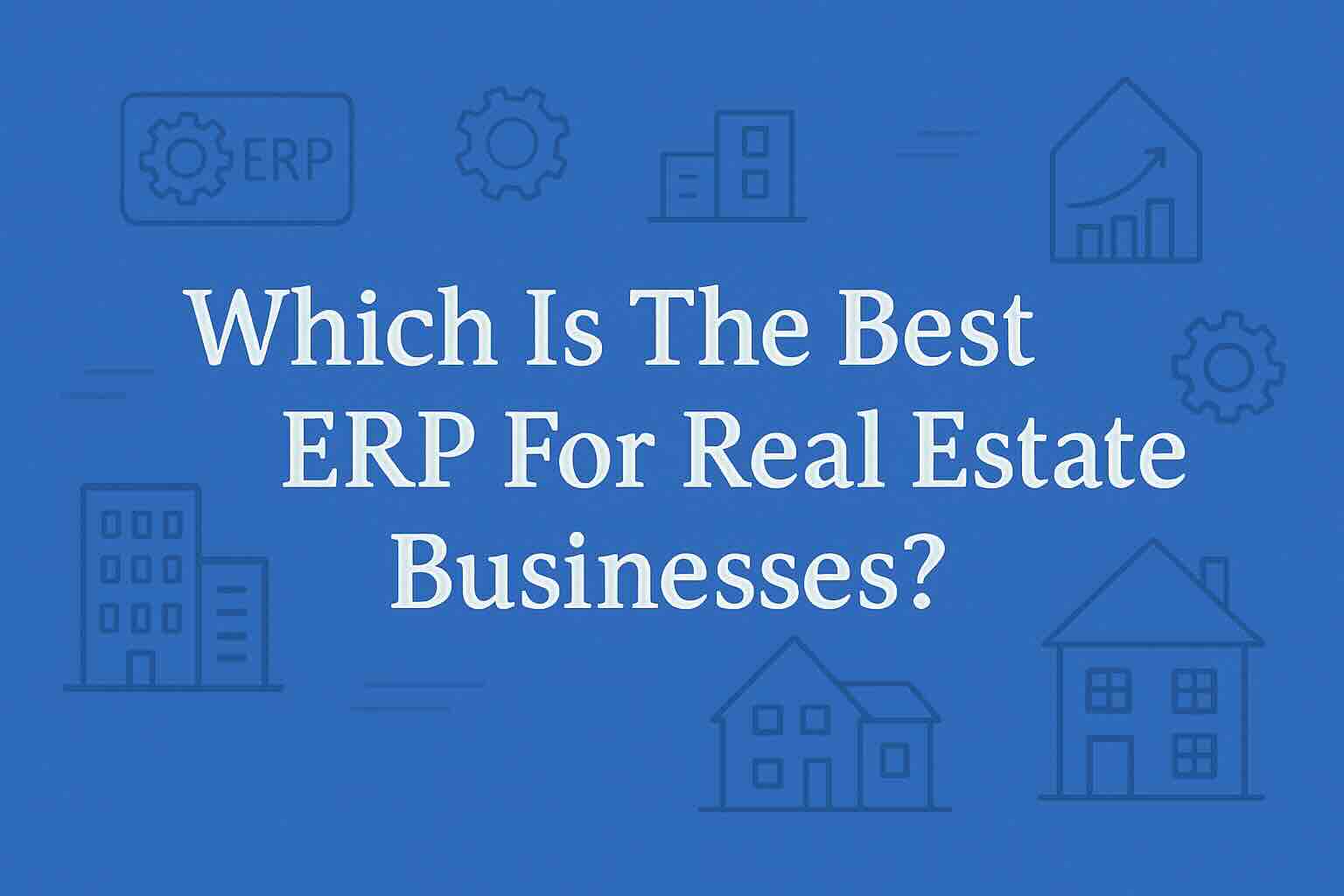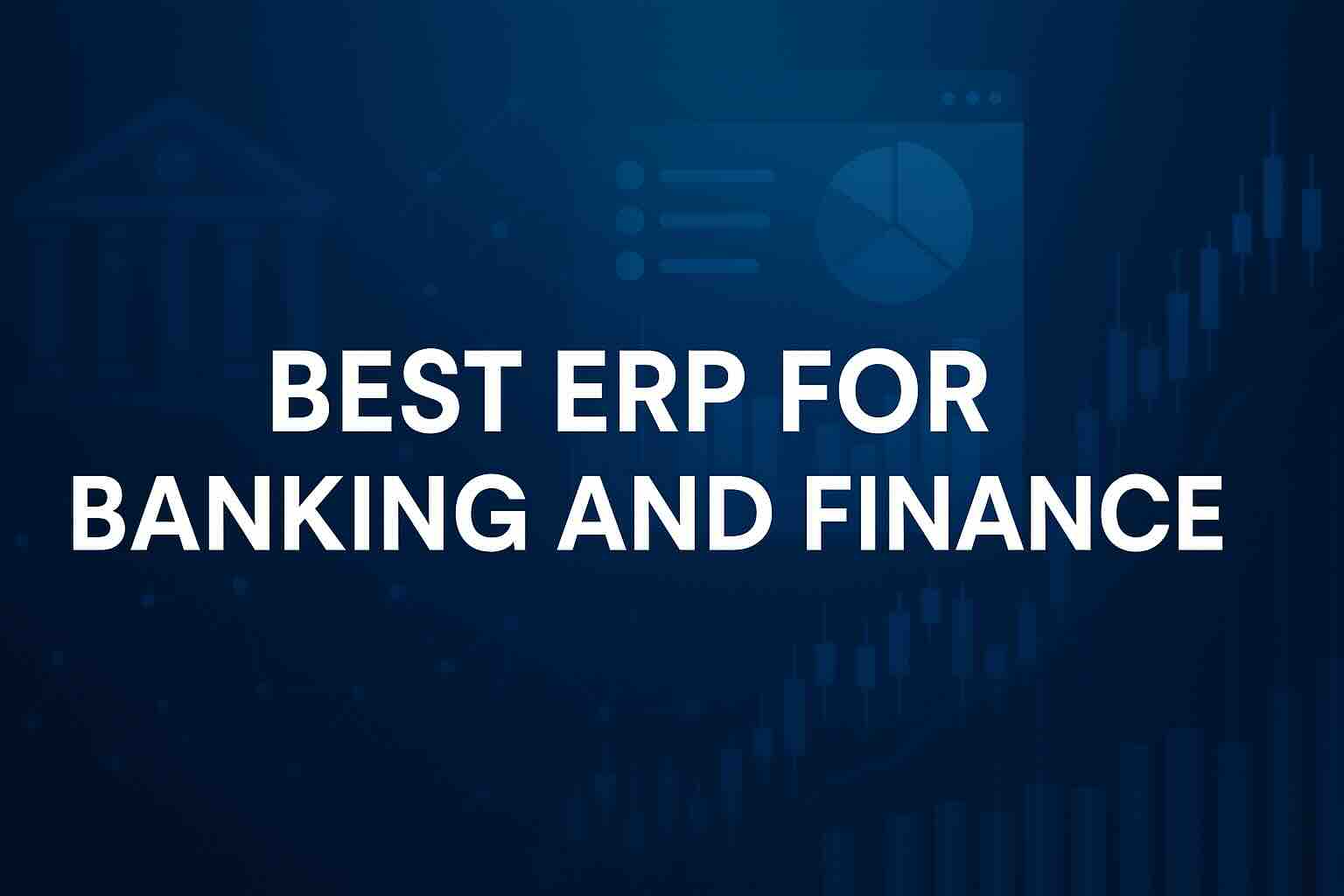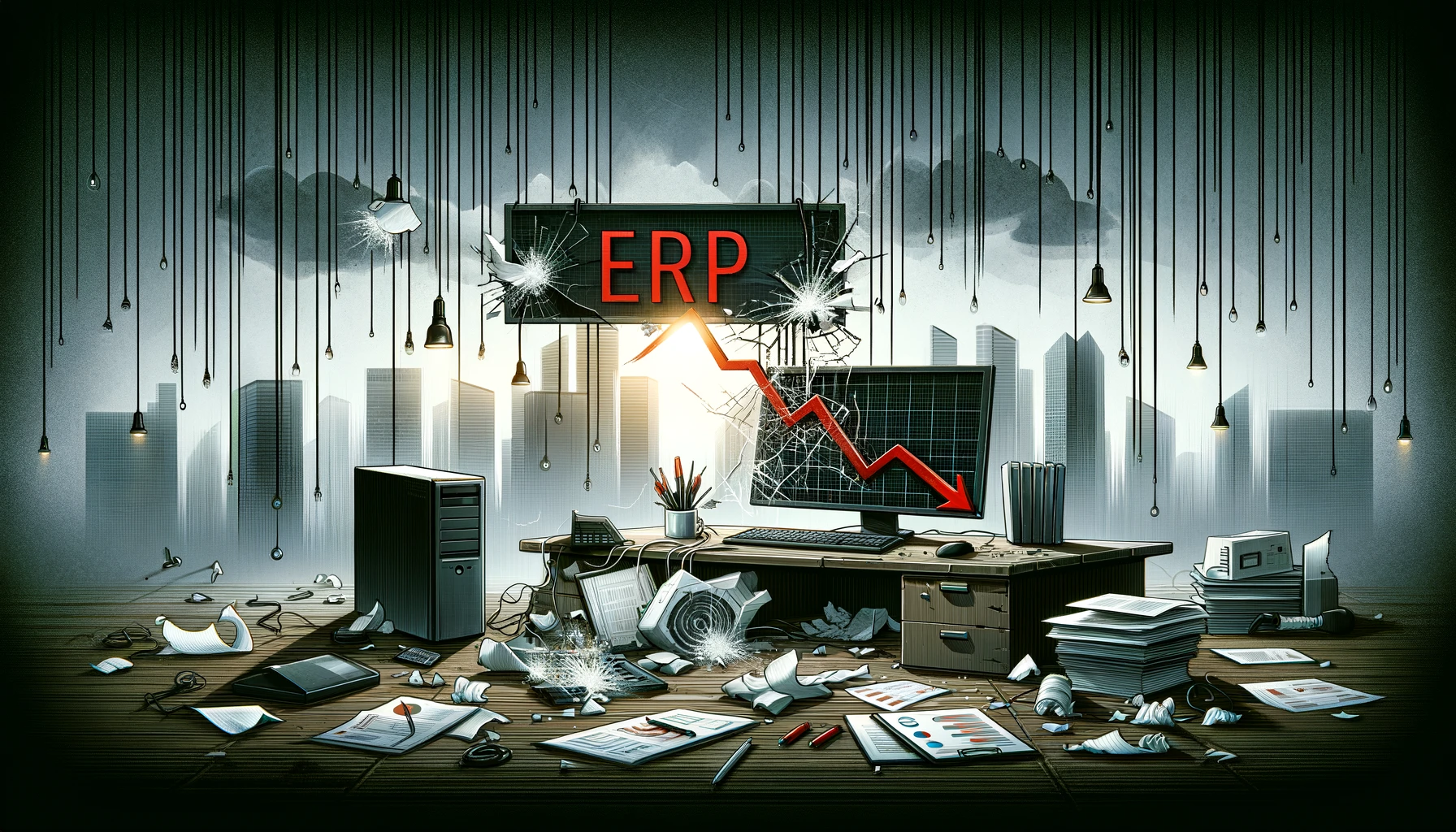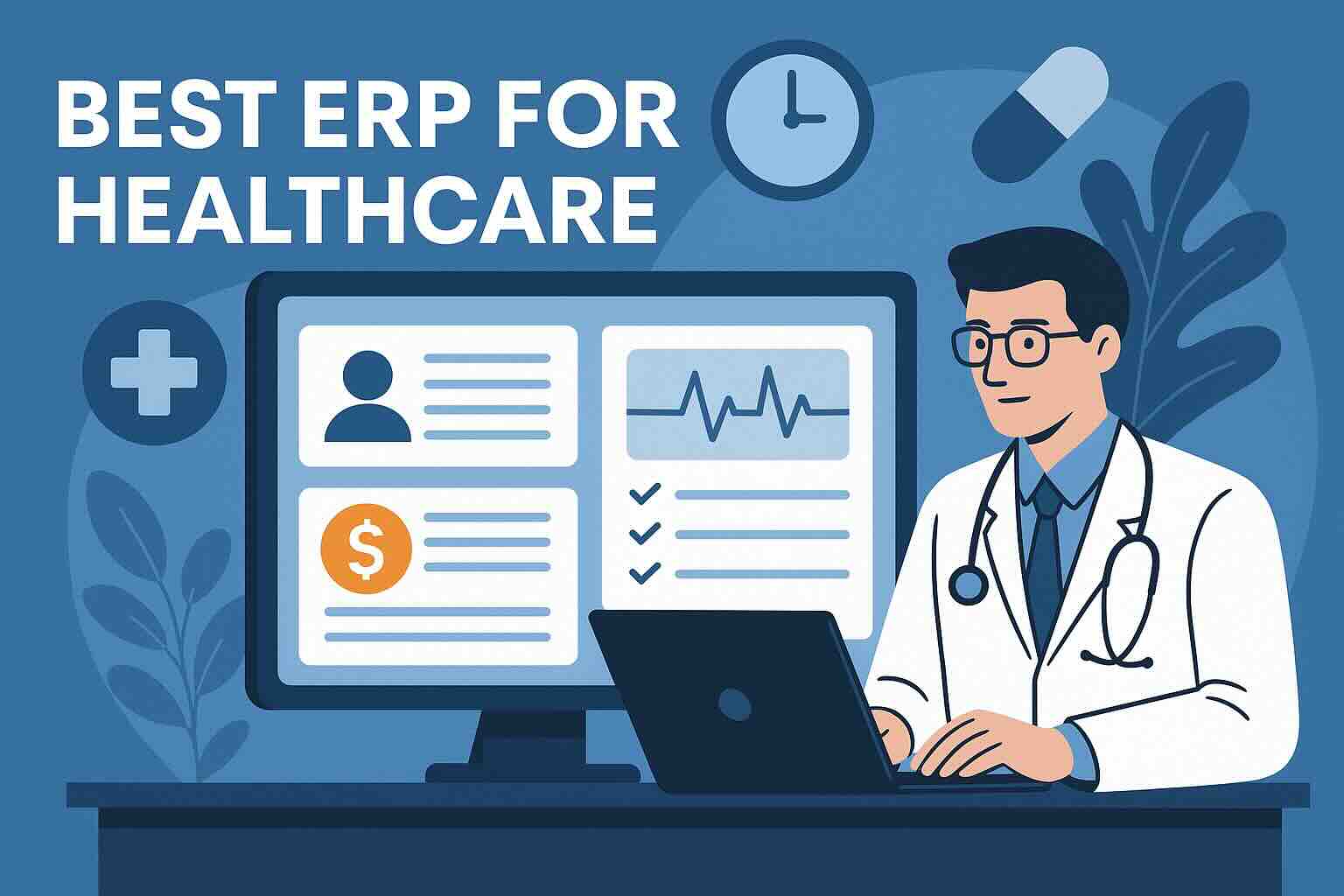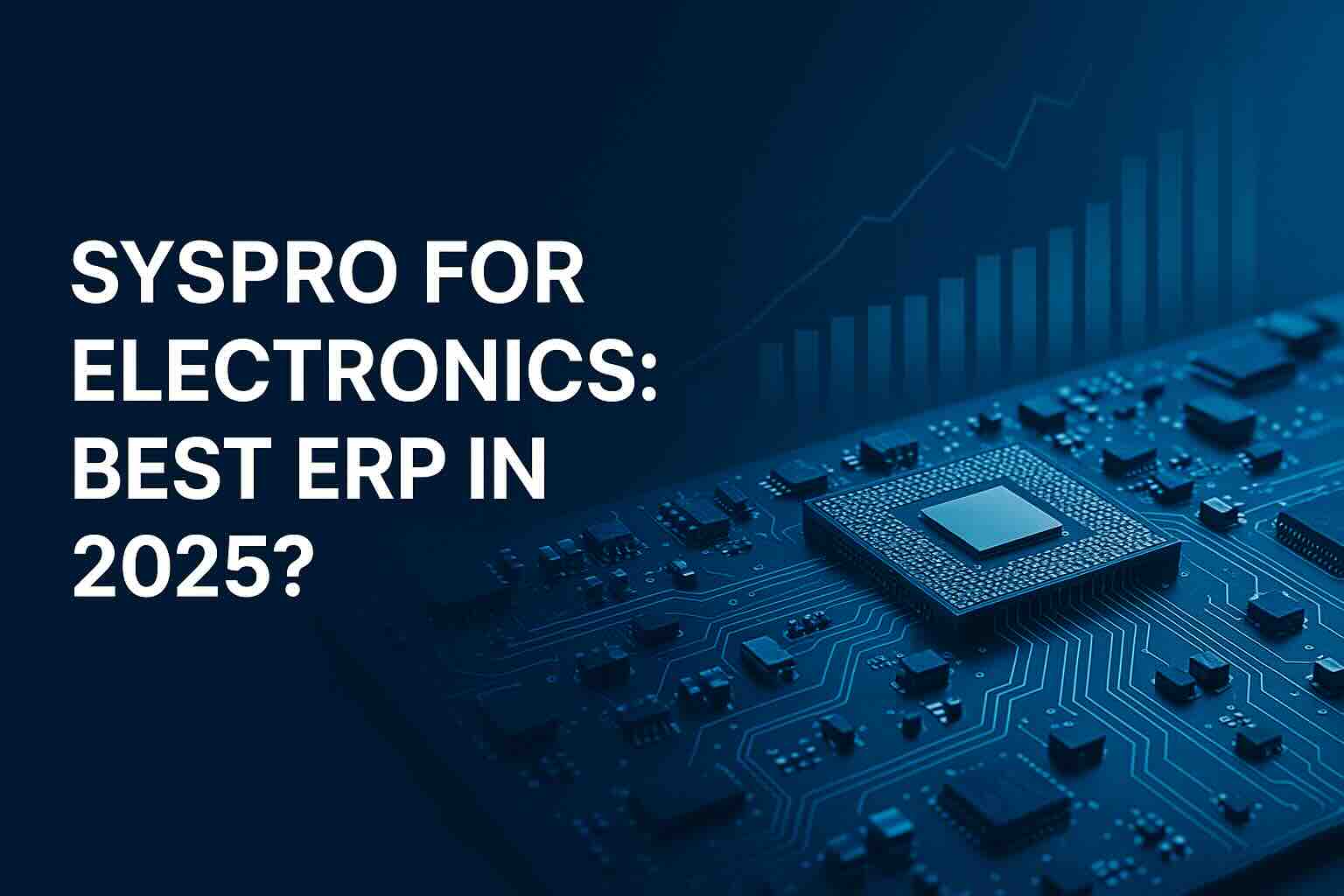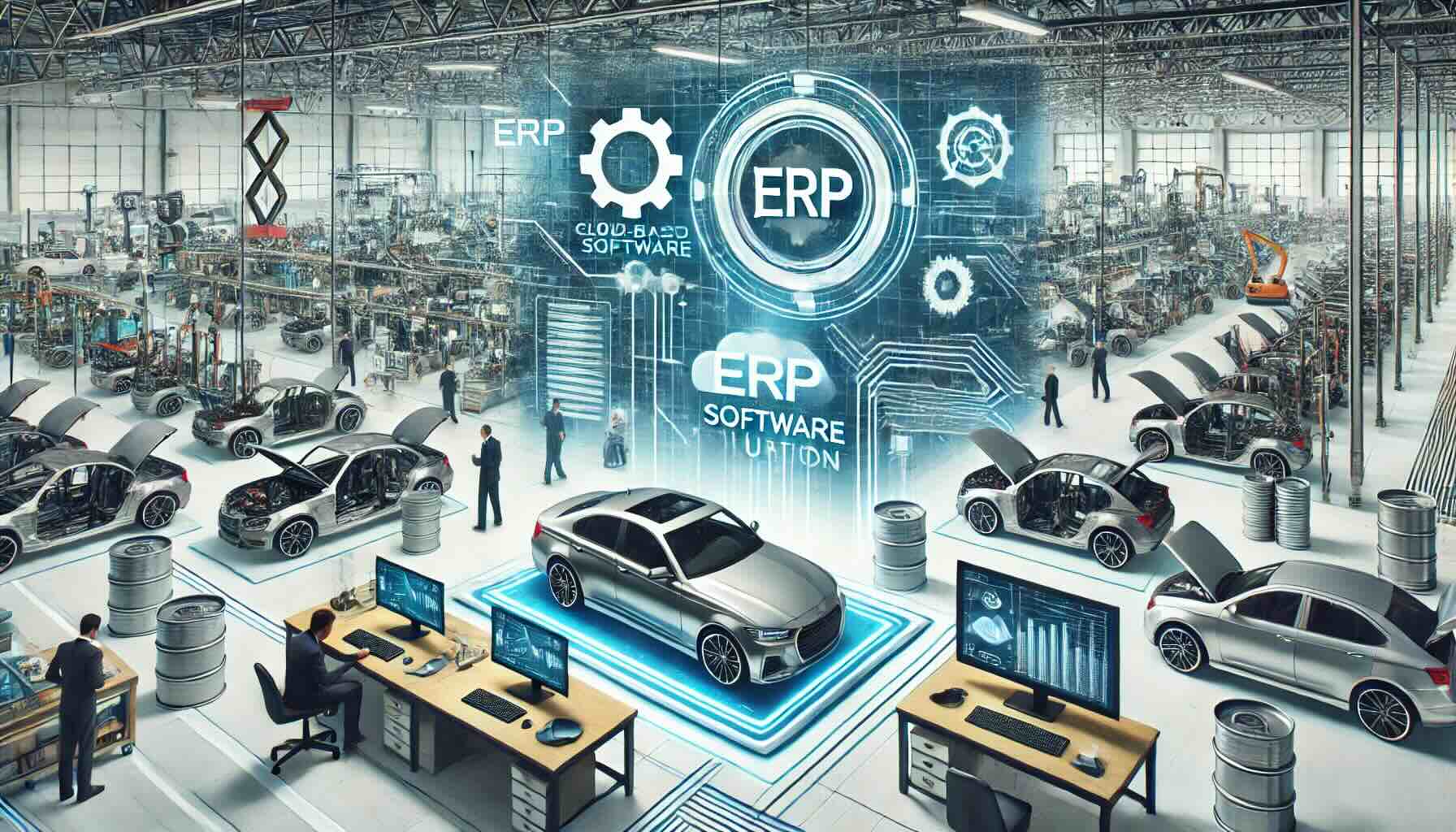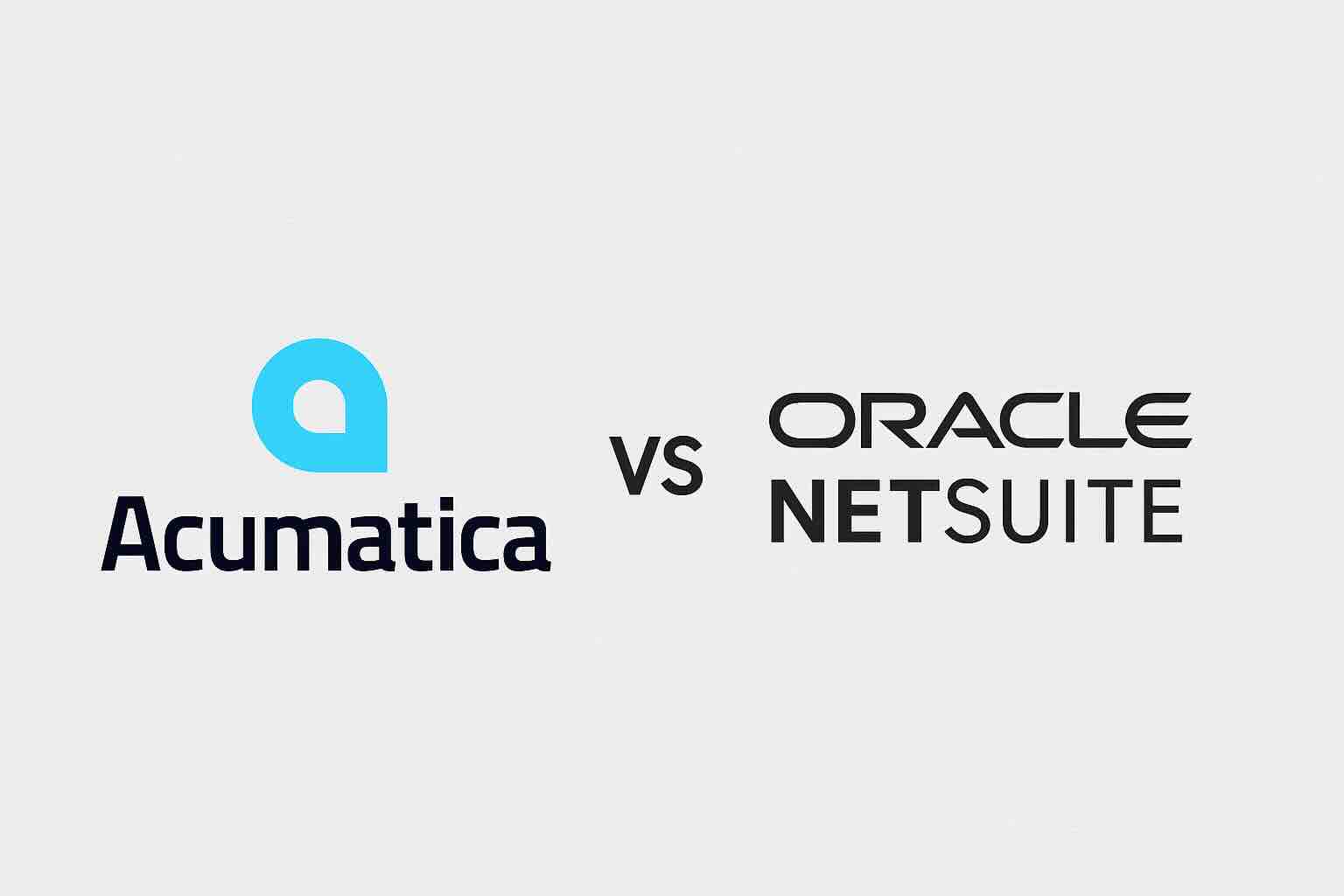Is Oracle Cloud a Good ERP for Distribution?

Is Oracle Cloud a Good ERP for Distribution companies?
When evaluating ERP solutions for the distribution sector, Oracle Cloud ERP for distribution emerges as a noteworthy contender. This platform, renowned for its comprehensive suite and advanced capabilities, promises to address the multifaceted challenges faced by distribution companies in today’s dynamic market environment. But does it deliver on its promise? Let’s delve deeper into its strengths and weaknesses to ascertain its suitability for the distribution industry.
Strengths of Oracle Cloud ERP for Distribution
- Integrated Business Processes: Oracle Cloud ERP offers an integrated suite of applications, combining finance, HR, supply chain, and customer experience into a single, unified system. This integration is particularly beneficial for distribution companies that manage extensive and multifaceted operations. It ensures seamless data flow across departments, eliminating silos and enhancing operational efficiency.
- Cloud-Based Solution: As a cloud-based ERP, Oracle provides the flexibility and scalability essential for distribution businesses. This model allows for easier upgrades, lower upfront costs, and remote accessibility, which is crucial for businesses with multiple locations or those seeking to expand their geographical footprint.
- Advanced Analytics and AI: Oracle Cloud ERP is equipped with cutting-edge analytics and artificial intelligence capabilities. These tools offer real-time insights into various aspects of the business, from inventory levels to customer buying patterns. This feature enables distribution companies to make informed decisions quickly, anticipate market trends, and respond proactively to changing customer demands.
- Customization and Extensibility: The platform’s robust customization capabilities allow businesses to tailor the ERP to their specific needs. Oracle Cloud’s extensibility enables companies to develop and integrate additional functionalities or third-party applications, ensuring that the ERP system evolves in tandem with the business.
- Global Compliance and Localization: Oracle Cloud ERP supports multiple languages and currencies, making it suitable for global operations. It also complies with various international tax and accounting standards, which is crucial for distribution companies operating in multiple countries.
Weaknesses of Oracle Cloud ERP for Distribution
- Complexity and Implementation Time: One of the major challenges with Oracle Cloud ERP is its complexity. The comprehensive nature of the system can be overwhelming, especially for smaller distribution businesses or those with limited technical expertise. The implementation process is often lengthy and requires a dedicated team, which can be a significant investment in terms of time and resources.
- Learning Curve and User Experience: Users often report a steep learning curve with Oracle Cloud ERP. The system’s wide array of features, while advantageous, can also make it difficult to navigate and use effectively without substantial training. This factor can lead to delays in adoption and may impact productivity in the short term.
- Cost Considerations: While Oracle Cloud ERP offers a scalable cloud-based model, the overall cost can be a concern, particularly for smaller enterprises. The expenses associated with licensing, implementation, customization, and ongoing maintenance can add up, making it a significant investment.
- Customization Limitations: Despite its customization capabilities, some users have reported limitations in modifying the core functionalities of the system. These constraints can be challenging for businesses with highly specialized processes.
- Dependence on Oracle for Updates and Support: Relying on Oracle for system updates and support can be a double-edged sword. While it ensures professional and timely updates, it also means that businesses have limited control over the timing and nature of these updates, which can sometimes disrupt operations.
Conclusion
In summary, Oracle Cloud ERP for distribution presents a robust and comprehensive solution capable of addressing the complex needs of the distribution industry. Its strengths lie in its integrated approach, advanced analytics, cloud-based flexibility, and global compliance capabilities. However, the complexity, steep learning curve, and cost considerations are significant factors that businesses must weigh.
For larger distribution companies with complex operations and the resources to invest in a sophisticated ERP system, Oracle Cloud ERP could be an excellent choice. Its scalability and advanced features can provide the tools necessary to stay competitive in a rapidly evolving market. On the other hand, smaller businesses or those with limited resources may find the system’s complexity and cost challenging.
In conclusion, while Oracle Cloud ERP has much to offer, it is not a one-size-fits-all solution. Distribution companies should carefully consider their specific needs, scale of operations, and resource availability before opting for this ERP system. The decision to choose Oracle Cloud ERP should be a strategic one, aligned with the company’s long-term goals and operational capabilities.
To compare Oracle Cloud with 100s of other ERP solutions, you can use our new AI-powered Compare ERP tool. It’s free to use and you get a guaranteed discount on your first year’s licence fees with a referral from Compare ERP.
